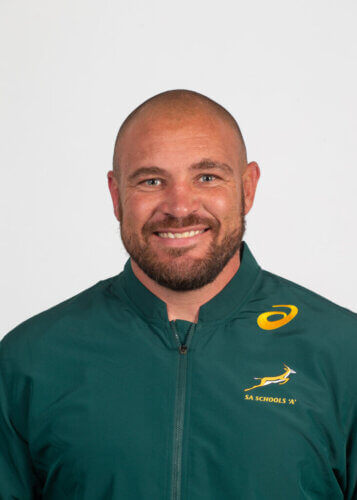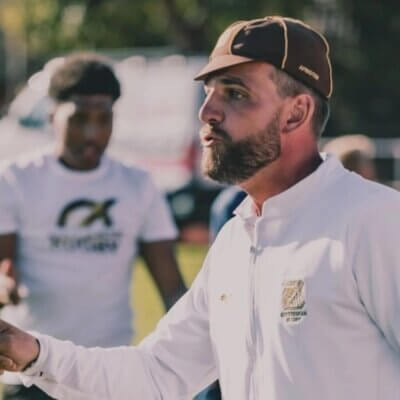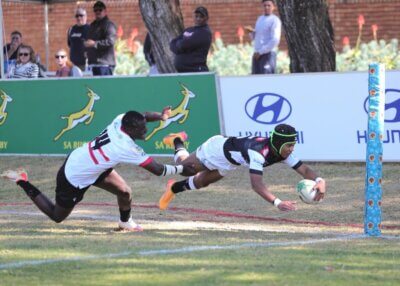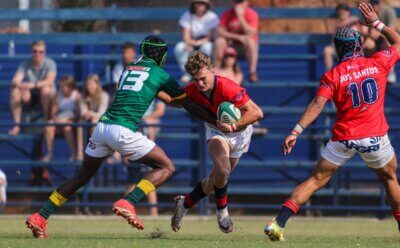Opinion: Schoolboys’ rugby needs a reset
 There used to be a summer and a winter when it came to sport at school.
There used to be a summer and a winter when it came to sport at school.
Schools used to insist on participation in a summer sport and a winter sport, as part of a declaration of believing in the value of a “holistic” education, one that sends well-rounded women and men out into the world after their 12 years in the system.
Some schools still believe in that, although it must be harder and harder to enforce. At many of the schools that take rugby seriously, the quaint notion of an A team player packing away his cricket pads, or hanging up his Speedo to dry at the end of February, and getting ready to switch codes, is a distant memory.
I’ve come to accept this as standard practice. It’s unavoidable, given the seriousness and sophistication of the top rugby schools – those who feature in the ranking tables, and who get there because of their weekly results. The thinking is that, because some of the schools operate that way, every school has to. You will not be competitive if you don’t.
The level of skills and conditioning required for players to be selected for provincial squads, which will set them on the pathway towards a possible career in the game, is such that some schools believe they have an obligation towards their most talented players to set aside enough time for their preparation.
That means all-year rugby. There’s simply no time for anything else anymore.
I’ve been an observer of schools’ rugby for a long time and the change has taken place in front of my eyes. In the past, I pushed back against it. I’m still not entirely happy.
Ask Google the right questions, and you’ll find any number of experts who will insist that specialisation in a single activity by young sportspeople is harmful to them, both psychologically and physiologically. You’ll quite easily find a list of world-beaters who played multiple sports at school.
Then, there’s the non-negotiable fact that a school is an educational institution, not a sports academy. Everything that happens in a school has to be educationally accountable. That’s a principle that should apply, even if it means that the possibility of winning rugby matches might be compromised sometimes.
On the other hand, I confess to having double standards. I’m a lover of schoolboy rugby. The quality of rugby played by the top schools has improved beyond recognition since a more professional approach to coaching at this level has become more common. I’ll watch those teams play, any day.
It’s all quite new, I know. It’s going to take some very good leadership to untangle it, but there’s no question that we need some kind of reset.
There are a number of unsavoury practices in place – in some places, not everywhere, to be clear – and rugby at schools’ level, if it is to remain an educational activity, has to cut them out.
I kicked off with the question of early specialisation. There are other evils, like the poaching of players, in the guise of offering better educational opportunities; there is age-group cheating and, of course, the abuse of performance-enhancing substances.
It’s not a story with a singular thread, I know.
South Africa won’t remain in the top tier of international rugby if we don’t keep the pipeline of talented young players flowing. No one is denying that. What I’m saying is that schools cannot abandon their educational principles in service of that. We do, however, have the unique obligation of having to increase the number of black players at the top levels and their schools do have a role to play.
I’m a lover of schoolboy rugby, of the old and the new. I love going to the big festivals to watch some of the “top 10” teams play, and I go to the Craven Week just about every year. I’m always astounded at the quality of the teams and by the talent on show.
But I also love hearing that when Maritzburg College plays Westville Boys’ High, for example, there will be 25 rugby matches on the day. And it warms my heart to see struggling schools hanging in there, fielding just two or three teams in their fixtures, even though they can’t match the “super-schools” anymore – the ones that were once their traditional rivals.
You cannot argue that both types of school rugby are not important and valuable. If only they could both continue to thrive, side, by side. I’m worried that they can’t, and that they don’t anymore.
The elite, professional game is harming the mass-participation game, and the problem starts with believing that winning 1st XV rugby games is the primary measure of a school’s success and that schools’ rugby is where the preparation of players for the professional game should take place.
The top schools get stronger and stronger, and the bottom ones disappear. Where’s the good in that, I wonder?
These views are the views of the author and do not necessarily reflect the opinion of SuperSport Schools.







